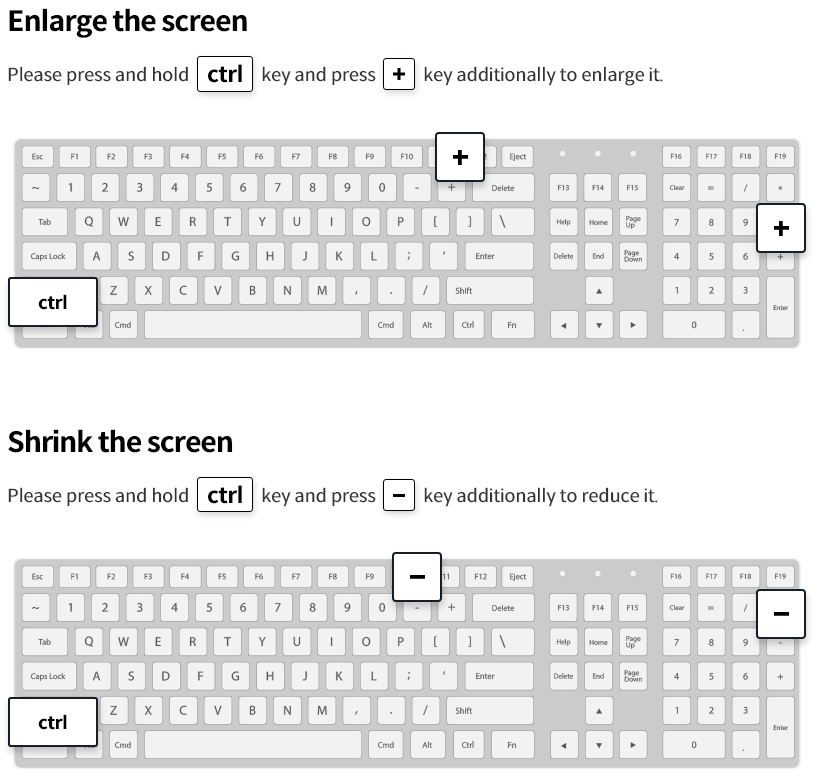The Export-Import Bank of Korea (www.koreaexim.go.kr, Chairman Kim Yong-hwan, “Korea Eximbank”) announced that it co-hosted an ‘ODA* Evaluation Seminar’ with the OECD Development Assistance Committtee (DAC)** at the 63 Building in Yeouido on November 8.
* ODA : Official Development Assistance
** The OECD Development Assistance Committee (DAC) is the world’s largest forum of aid donors including 28 donor countries, the IMF, UNDP, Commission of the European Communities, World Bank, and four other development banks. Aid originating from these members amounts to 90% of the world’s total aid.
Over 100 government officials, scholars, and experts from major aid agencies including KfW, ADB and JICA participated in the seminar.
In his opening remarks, Director Yoon Tae-yong from the Korean Ministry of Strategy and Finance remarked, “ODA evaluation is a crucial tool for enhancing the quality, accountability, and transparency of aid projects. I hope this seminar will serve as a meaningful opportunity for the international community to sharpen and upgrade the existing ODA evaluation methodology and standards.”
During the seminar, Korea Eximbank proposed a new evaluation criterion which prioritizes development effectiveness, complementing the OECD DAC’s existing five evaluation criteria of relevance, efficiency, effectiveness, impact, and sustainability.
* The new criterion is meant to capture the recent shift in the international aid paradigm away from aid effectiveness (with its focus on the delivery of aid) toward development effectiveness (focused on the actual impact on development), as evidenced at forums such as the G20 Summit Meeting and Busan High Level Form (HLF-4).
Specifically, the criterion of ‘significance’ proposed by Korea Eximbank measures the salience of the impact of an aid project on the development of a recipient country in terms of the size and characteristics of the project.
Many experts from international aid agencies contributed to the seminar by presenting detailed case studies.
The first presenter, Senior Researcher Joelline Benefice from the OECD DAC Evalunet*, emphasized that “developing countries, as well as donor countries, need to strengthen ownership by building capacity for ODA evaluation,” adding, “newly emerging development issues, including the growing role of the private sector, need to be thoroughly reviewed”.
* The DAC Evalunet is an evaluation-related consultative body of 34 donors including countries like the U.S. and U.K., and international organizations such as the UNDP and ADB. It meets once or twice a year to review the latest evaluation issues and conduct joint evaluations.
Chief Researcher Cao Thanh Phu from the Vietnamese Ministry of Planning and Investment presented a case study of joint evaluation between Vietnam and Japan International Cooperation Agency (JICA).
Evaluation experts from ADB, JICA and KfW also contributed with presentations about the evaluation standards and recent studies of their respective institutions.
Korea Eximbank’s Senior Executive Director Shim Seop said in his closing remarks, “EDCF will continue its effort to incorporate development effectiveness into its evaluation system. I hope this seminar will inspire further cooperation among EDCF, other donors, and developing countries toward ensuring that aid has a real impact on the development of partner countries.”
* The Economic Development Cooperation Fund (EDCF) was established by the Korean government in 1987 to promote economic exchanges and to assist developing countries in achieving industrialization and economic stability through the provision of long-term, low-interest credit. Korea Eximbank currently manages the fund as its trustee.


